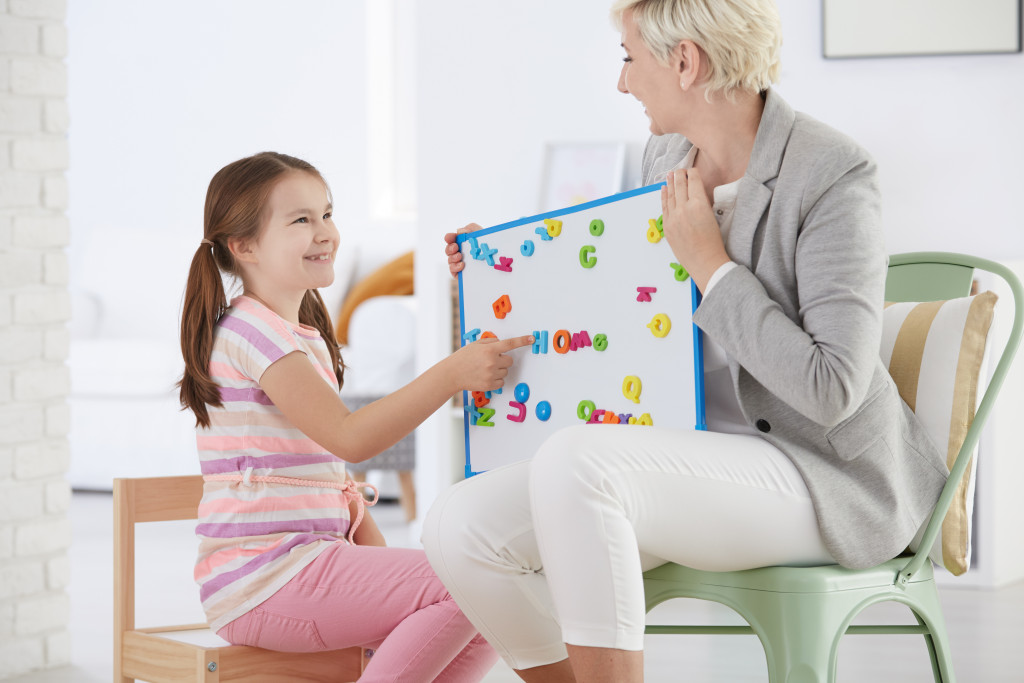According to the CDC, 6.1 million kids aged 2-17 have been diagnosed with ADHD or ADD. That’s one in every ten kids! And yet, there is still a lot of misinformation about the condition and how it should be treated. This blog post will set the record straight and give you five education tips for kids with ADHD.
1. Get an Individualized Education Plan (IEP)
If your child has been diagnosed with ADHD or ADD, the first step is to get an Individualized Education Plan (IEP). An IEP is a legal document outlining the specific services and accommodations your child will receive at school. This could include extra time on tests, a quiet place to work, or frequent check-ins with a teacher or counselor.
The IEP should identify the child’s areas of strength and need and specific goals and objectives for improvement. The plan should be reviewed and updated regularly to ensure that it meets the child’s changing needs. With a well-designed IEP in place, a child with ADHD can receive the support necessary to succeed in school and reach his or her full potential.
2. Talk to Your Child’s Teacher
Parents of children with ADHD or ADD often feel like they are on their own when finding ways to help their children succeed in school. However, one resource is often overlooked: the child’s teacher. Teachers are uniquely positioned to observe how a child functions in the classroom and can offer valuable insights into how best to support the child’s learning.
In addition, teachers can provide practical strategies for dealing with common problems such as forgetfulness, distractibility, and impulsivity. By developing a partnership with the child’s teacher, parents can ensure their child gets the education and support they need to succeed.
3. Help Your Child Stay Organized

Every parent needs to ensure their child has a well-organized study area. An organized study space can help your child focus and retain information better. It can also make homework time less stressful. Here are some tips to help you get started:
- Designate a specific area for homework and studying. This could be at a desk, table, or even just a spot on the floor. The important thing is that it is quiet and free from distractions.
- Make sure your child has all the necessary supplies, such as pens, pencils, paper, etc. Keep them in a place where they can easily be reached.
- Encourage your child to keep their books and materials organized. Help them create a system that works for them, such as labeling folders or coloring-coding notebooks. Supervise and assist as needed, but ultimately let them be in charge of their own space.
- Schedule regular clean-ups of the study area. This will help prevent clutter from accumulating and make it easier to find things when needed.
By following these simple tips, you can help your child create an organized and inviting study space. With a little effort, it can make a world of difference in their ability to succeed in school.
4. Encourage Them to Get Moving
Children with ADHD or ADD often struggle with focus and concentration, making it difficult to sit still and learn in a traditional classroom setting. However, research has shown that movement can help to improve cognition and learning in children with ADHD or ADD. One study found that children who were allowed to stand up and move around while working on a task showed improved focus and concentration and better task performance.
In addition, movement has also been shown to improve brain function and memory in children with the condition. Consequently, it is vital to encourage them to get moving to enhance their learning. There are several ways to do this, such as allowing them to take breaks to move around, providing them with fidget toys, or incorporating movement into lesson plans. By incorporating exercise into the learning process, parents and teachers can help children with this condition succeed in school.
5. Encourage Support and Therapy
It is essential to encourage support and therapy for a child with ADHD or ADD to help them succeed in school and life. Many types of support and therapy can be helpful for a child with this condition, including behavioral therapy, cognitive behavioral therapy, and medication.
Behavioral therapy can help them learn how to control their behaviors. In contrast, cognitive treatment for ADD can help a child learn how to change how they think about and responds to situations. Medication can also be helpful for them, as it can help to improve focus and concentration. It is vital to work with a qualified professional to determine which type of support and therapy will be most helpful for your child.
Final Thoughts
Parenting a child with ADHD or ADD can be challenging, but it doesn’t have to be overwhelming! Following these five education tips can set your child up for success inside and outside the classroom. Remember to be patient, stay positive, and provide plenty of support and encouragement. You can help your child reach their full potential with a little effort!

